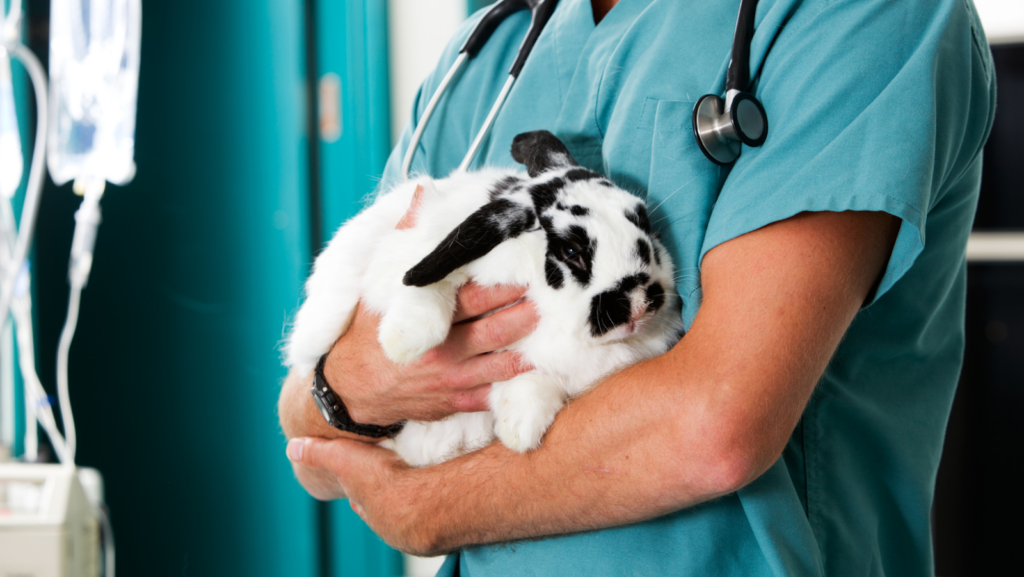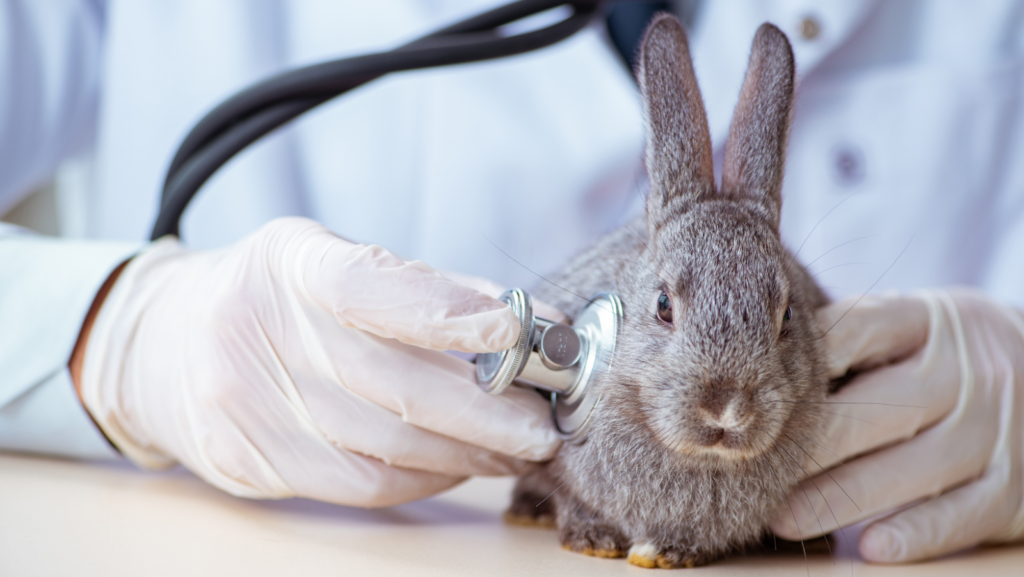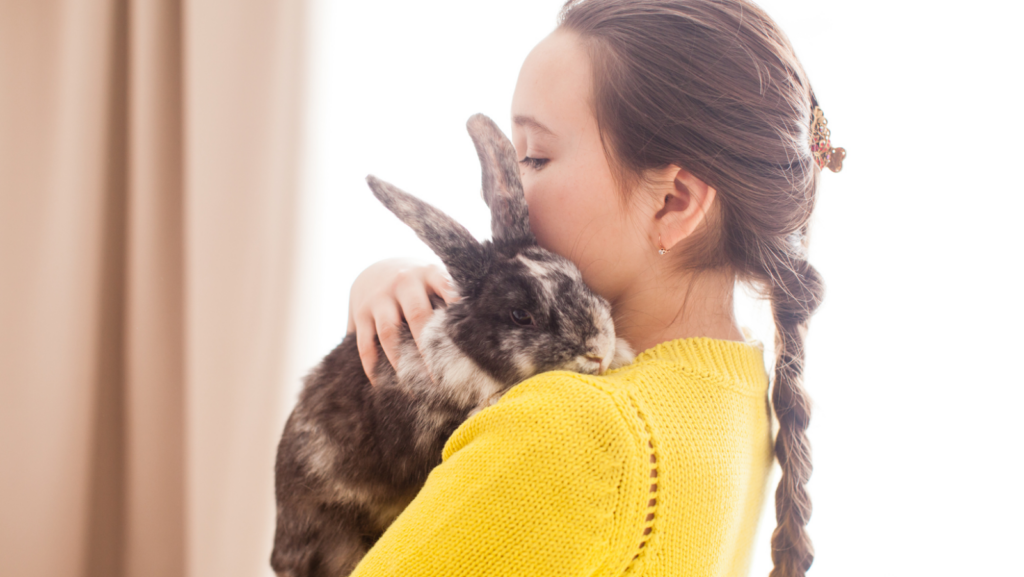There’s nothing quite like the joy of bringing a baby rabbit into your home. These adorable, fuzzy creatures can melt even the hardest of hearts. However, they’re not just cute, they’re also delicate, and require a lot of care and attention.
So, whether you’re a seasoned rabbit owner or a newbie, you’ll find valuable tips and insights to help you on your journey. After all, when it comes to caring for these lovable creatures, there’s always something new to learn.
How to Take Care of a Baby Rabbit
Looking after a baby rabbit uniquely engages a caregiver. The responsibility isn’t overly simplifiable, however, basic rabbit care incorporates essential elements that make the process feasible.
- Nutrition comes first. Proper nourishment lies at the heart of good care. Feeding a baby rabbit requires a diet rich in fibre, especially hay. Fresh vegetables offer great supplementing nutrition, examples include carrots, bell peppers, and dark leafy greens for a balanced diet.
- Hydration is a must. A constant supply of fresh, clean water ensures the well-being of the bunny. While some rabbit owners prefer water bottles, others find bowls more suitable.
- Comfortable habitat secures safety. A cozy, ample-sized cage equips a rabbit with the right environment for growth. Importantly, the cage should be a safe sanctuary with lots of hay for bedding, and an area for litter training.
- Exercise and playtime are paramount. Besides maintaining good health, movement also provides mental stimulation for the rabbits. Playtimes inside and outside the cage, as schedules permit, foster active growth.
- Grooming promotes hygiene. Contrary to cats, rabbits don’t cough up hairballs. Regular brushing solves this issue and prevents intestinal blockages caused by swallowing fur.
- Vet visits assure health. Regular check-ups familiarize vets with your pet’s unique health profile, making it easier to detect any changes early. Rabbit-specialized vets make the best choice for these visits.
Preparing a Home for Your Baby Rabbit

First off, potential rabbit owners must establish a safe, comfortable space for their new pet. This initial stage involves picking the right cage or hutch. Preferably, opt for spacious cages, which give rabbits enough room to stretch and hop.
Secondly, inside this larger cage or hutch, it’s crucial to add proper bedding. As rabbits tend to ingest some of their bedding material, avoid cedar and pine shavings, which can pose health risks.
Next, provide secure areas for hiding and resting. Rabbits often crave solitude and require a safe space to retreat when scared or stressed. Small animal hideaways or tunnels made of sturdy plastic, wood, or non-toxic cardboard can fulfill this need.
Training Your Baby Rabbit
Transitioning from basic care and health concerns, it’s time to explore the sphere of training your baby rabbit. To create a harmonious living situation, training constitutes a crucial aspect of rabbit ownership. Mind you, bunnies lack the desire to please their owners in the way dogs often do, instead, they’re driven by their natural curiosities and appetites.
Grooming Your Baby Rabbit

Grooming baby rabbits ensures a clean, healthy fur and wards off potential diseases. An essential aspect of a baby rabbit’s care routine, grooming involves two key processes: brushing and bathing.
Brushing a Baby Rabbit. Brushing, unlike with humans, isn’t merely a cosmetic exercise for rabbits. An increased production of fur, especially during the shedding season, puts a baby rabbit at risk of ingesting an excess amount of hair. Such ingestion could lead to a medical condition called gastrointestinal (GI) obstruction.
Bathing a Baby Rabbit. Bathing is generally a no-no when it comes to rabbits. They tend to clean themselves, similar to cats. But, on rare occasions when a bath becomes necessary, proceed with caution.
Must Know
Caring for a baby rabbit isn’t just about providing food and water. It’s a commitment that involves careful attention to their overall health, comfort, and happiness. This includes monitoring for signs of common health issues and ensuring they’re getting a balanced diet.
